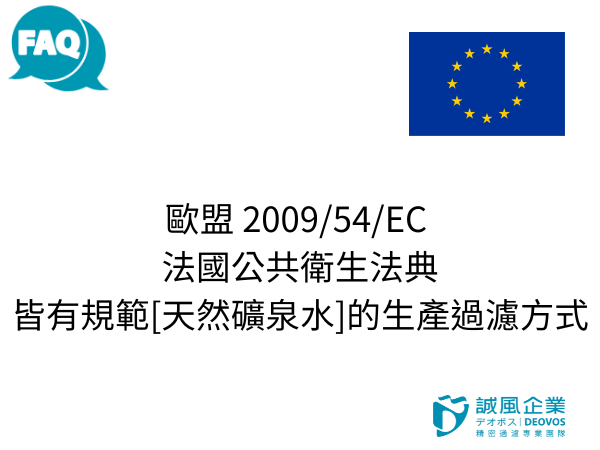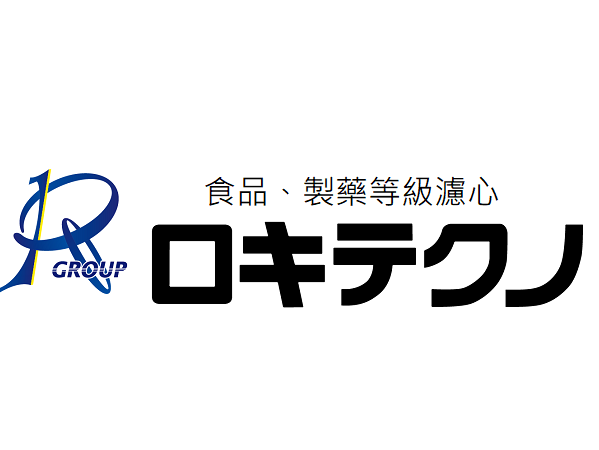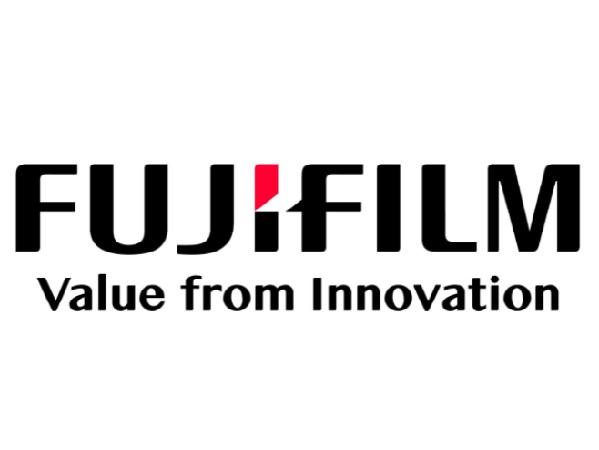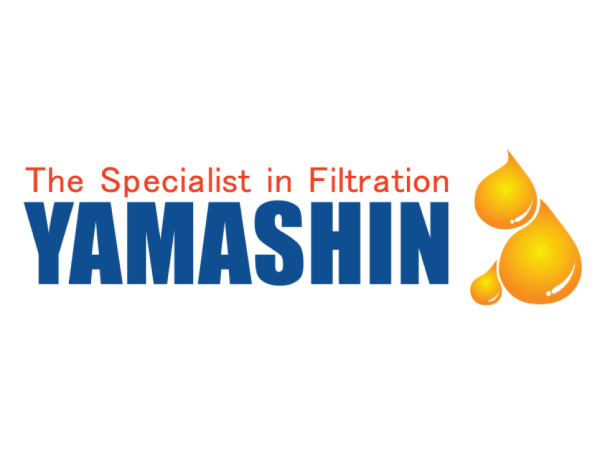HOME
案例實績
Alcoholic Drink & Beverage
Is it not okay to filter too clean?
2025-08-15
Is it not okay to filter too clean?
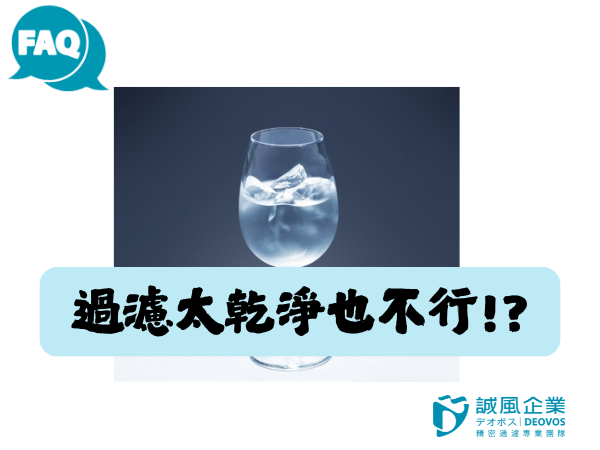
It turns out that filtering a product to its purest form isn't always the best option.
Sometimes retaining the ingredients appropriately is the most appropriate.
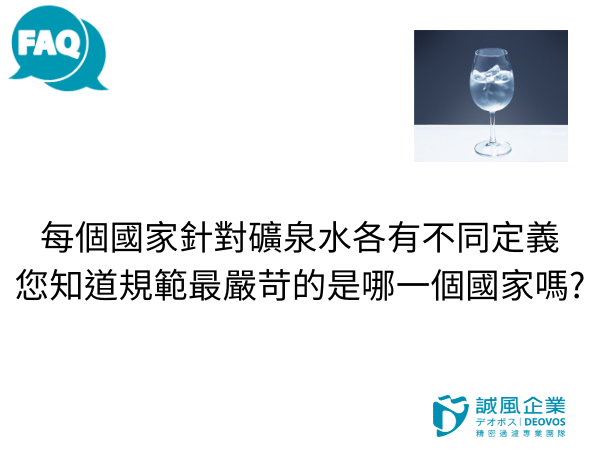
Different countries have corresponding specifications and production processes for product names.
EU Directive 2009/54/EC and the French Public Health Code both regulate the production and filtration methods for natural mineral water.
So how does this differ from the filtration methods we're familiar with?
Why are only these specified methods used?
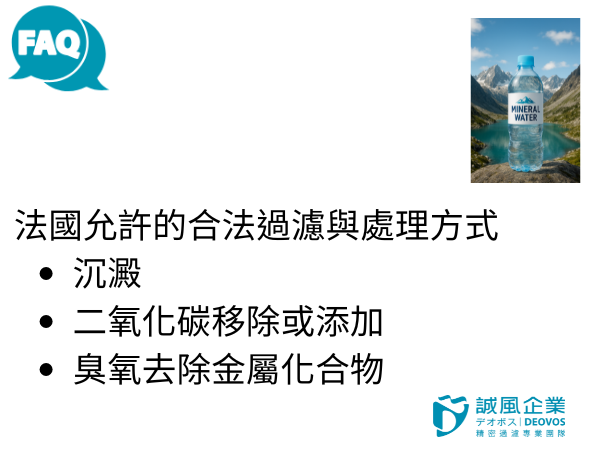
Legal filtration and treatment methods permitted in France:
Sedimentation >>> aims to separate unstable components without changing the "essence" of the water.
Carbon dioxide removal or addition >>> physical methods only.
Ozone removal of metal compounds >>> aims to remove iron, manganese, sulfur, or arsenic compounds, but does not alter the core composition and microbiological characteristics of the water.
All of these permitted processes have one thing in common: they cannot alter the "essence" of the source water.
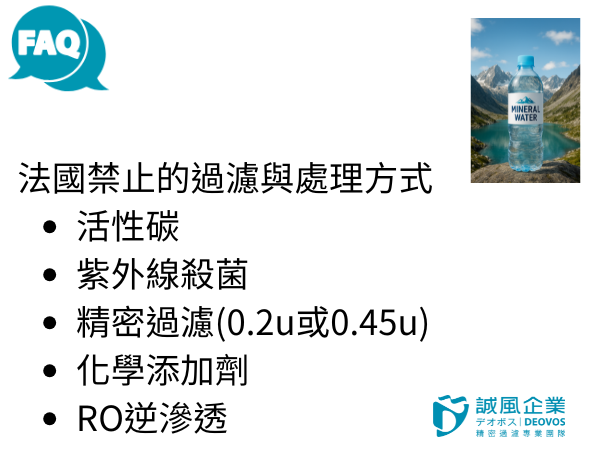
Filtration and treatment methods prohibited in France:
Activated carbon >>> Activated carbon is often used in filtration to adsorb organic matter and decolorize. However, its use alters the nature of the water source and is therefore prohibited.
Ultraviolet disinfection >>> Utilizes ultraviolet radiation of a specific wavelength (primarily the UV-C band) to destroy the DNA or RNA of microorganisms (such as bacteria, viruses, and fungi), rendering them unable to replicate and reproduce, thereby achieving sterilization and disinfection. However, this also alters the microbial status of the water source and is therefore prohibited.
Fine filtration (0.2u or 0.45u) >>> Using a 0.2u filter cartridge can achieve sterilization, while some lactic acid bacteria can also be removed using a 0.45u filter cartridge. This also alters the microbial status of the water source and is therefore prohibited.
Chemical additives >>> Chemical additives produce chemical changes that also alter the nature of the water source and are therefore prohibited.
RO reverse osmosis >>> RO also alters the nature of the water source and is therefore prohibited.
At DEOVOS Enterprise, we often say, "There's no best filter, only the most suitable filter."
The DEOVOS Enterprise team can provide the most suitable method based on your product needs.
Please mail your needs to the following mailbox.
There will be dedicated staff at your service.
service@deovos.com.tw
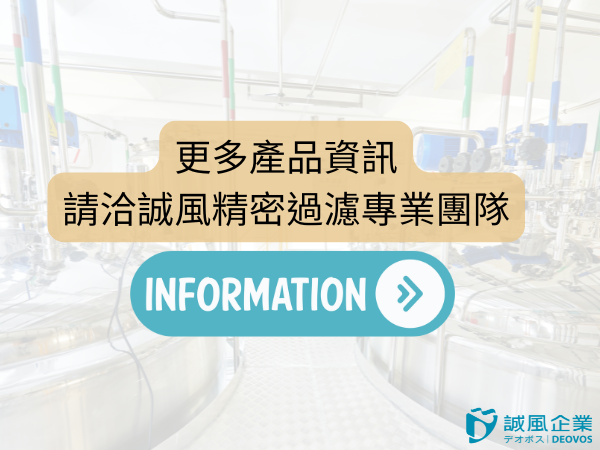
相關產品
-
ROKI TECHNO
Food and Pharmaceutial
-
FUJIFILM
FUJIFILM Filters
-
YAMASHIN
YAMASHIN FILTER
